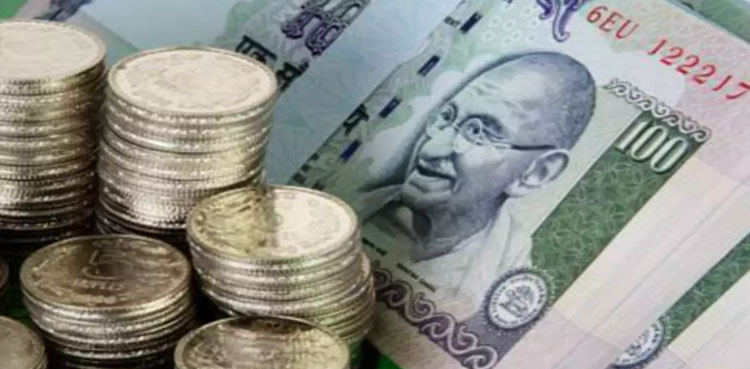Indian exporters are hedging far more of their future foreign currency receipts as they cash in on the Indian rupee’s (INR) decline to near record low levels, data shows.
Last Monday, the Indian rupee slipped below the psychological level of 83 per U.S. dollar for the first time since October 2022, when it hit a record low of 83.29.
Indian exporters last Monday and Thursday hedged a total $3.6 billion via forwards, data from clearing house CCIL shows. The forex markets were off on Tuesday and Wednesday.
That means exporters hedged an average of $1.8 billion in two sessions, a 60% jump from how much they hedged in August prior to rupee’s decline below the 83 level.
Exporters use forward contracts to manage their exchange risks. A fall in the rupee allows them to lock in a better rate for their foreign currency receivables.
CCIL publishes corporate data on hedging with a two-day lag and transactions beyond the spot date are considered forwards.
The daily average dollar sales by exporters in June and July in forwards was much lower at $1.1 billion.
“Exporters who were choosing to not hedge have come back to the market post the breach of the 83 level,” said Abhishek Goenka, founder and CEO of forex and treasury management firm IFA Global.
“Importers’ activity too has picked up, but panic buying is likely only after 83.50 breaches.”
Importers hedged a total of $3.1 billion in forwards last Monday and Thursday. On a daily average basis, that is a modest 16% increase from how much they hedged in August prior to rupee’s decline below the 83 level.
Whether this pickup in export hedging will sustain will depend on “the price action and the RBI (Reserve Bank of India),” a banker said.
“After the initial flurry (from exporters), I would expect hedging volumes to normalize if RBI manages to hold the rupee in and around 83,” said the head of forex sales at a mid-sized private sector bank.
The RBI has been intervening in the non-deliverable forward and over-the-counter markets to prevent the Indian rupee from hitting a record low, according to several traders.
A record low “would obviously invite” more interest from both importers and exporters, the forex sales head said.



Leave a Comment